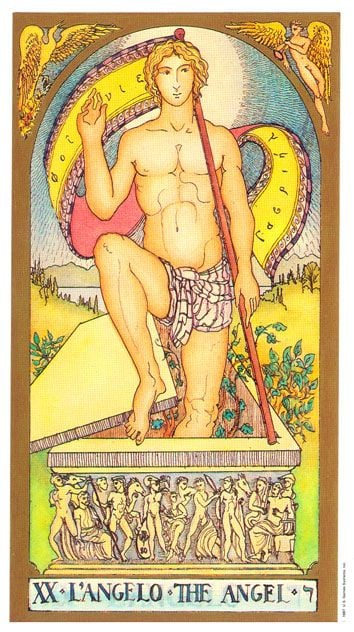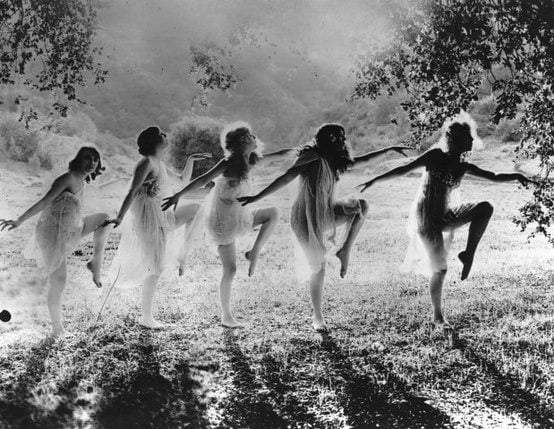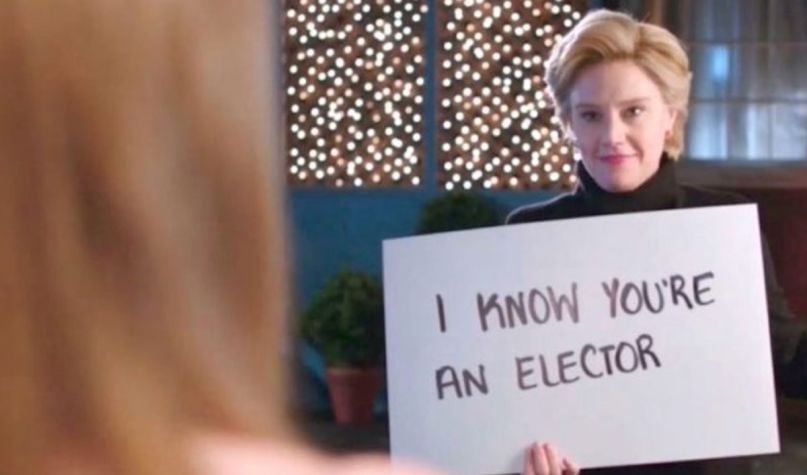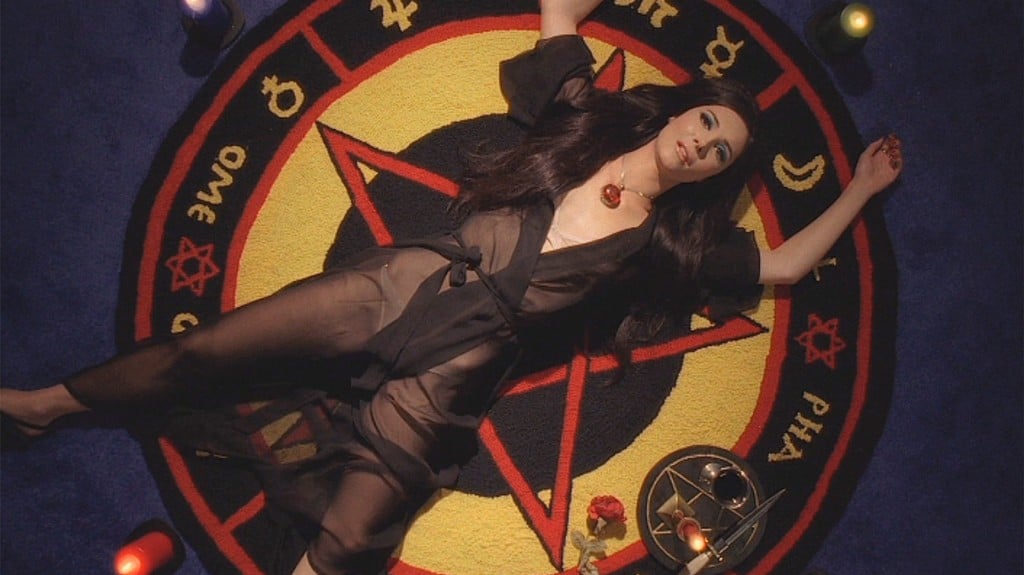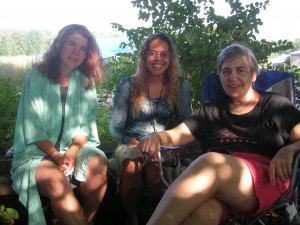 Margot Adler, NPR correspondent, is perhaps best known to the pagan community for her groundbreaking and influential book Drawing Down the Moon: Witches, Druids, Goddess-Worshippers and Other Pagans in America. Published in 1979 and updated in several editions since, it was the only book of its kind to offer a serious sociological and cultural critique of the burgeoning pagan movement, something other journalists and scholars had failed to take on at that point.
Margot Adler, NPR correspondent, is perhaps best known to the pagan community for her groundbreaking and influential book Drawing Down the Moon: Witches, Druids, Goddess-Worshippers and Other Pagans in America. Published in 1979 and updated in several editions since, it was the only book of its kind to offer a serious sociological and cultural critique of the burgeoning pagan movement, something other journalists and scholars had failed to take on at that point.
What made it even more interesting was that Ms. Adler was herself a neopagan (and still is).
Last summer I had the chance to spend some time talking with Margot (pictured with me and Lilith Dorsey at my campsite at the Brushwood Folklore Center) when she came to the Sirius Rising festival. In addition to a delightful couple of hours of conversation over coffee, I also got to hear Margot talk about her new book Vampires are Us, before a large and appreciative audience.
She shared her experience of writing the book, which was personal and intense; dealing with the untimely death of her husband several years ago, she sought to dull the pain by immersing herself in literature that hd to do with immortality. But as she noticed she was increasingly compelled to read vampire novels, she began to feel a need to study their appeal to the reading public. As well she realized her own compulsion to read them was intricately tied to her experience of grief and loss. She took on a huge task: reading every contemporary vampire-themed novel she could find, and writing a book about vampire fiction.
Vampires are Us is an intelligent and thoughtful engagement with this literary genre that has fuelled trends in all forms of media and culture, including music, fashion, television and cinema. But perhaps, being a writer herself, Margot Adler knew that it was literature that was the deepest expression of the vampire fascination. The book’s first part explores themes that permeate vampire lit that explain our obsession and identification with these creatures of the night: themes of power, mortality, morality and persecution. She muses: “Vampires allow us to ask questions we usually bury,” using a metaphor that suggests we must look to fiction to find crucial truths.
The second part of the book is a detailed annotated bibliography of a large and diverse selection of vampire novels. Certainly anyone who enjoys this genre will find some worthy recommendations here.
While not a groundbreaking journalistic study on the same level that Drawing Down the Moon was, Vampires are Us is well worth reading as it unpacks and illuminates the fascination we have with the undead. Fear, romance, blood, sex, violence, immortality: it’s all here and then some. The deeply personal anecdotes shared by the author are entirely appropriate and add an unexpected context of authenticity to this literary survey.
Vampires Are Us is a feature in the Patheos Book Club! Click through for more roundtable responses from our Pagan bloggers, vampire video footage, praise from horror novelist Whitley Strieber, and more.






